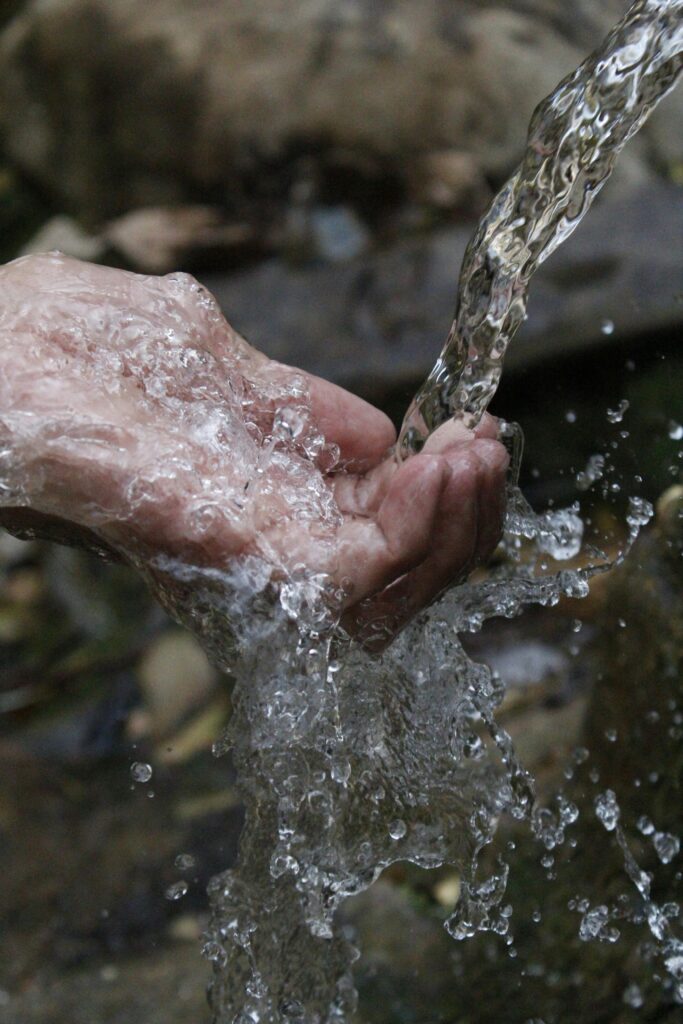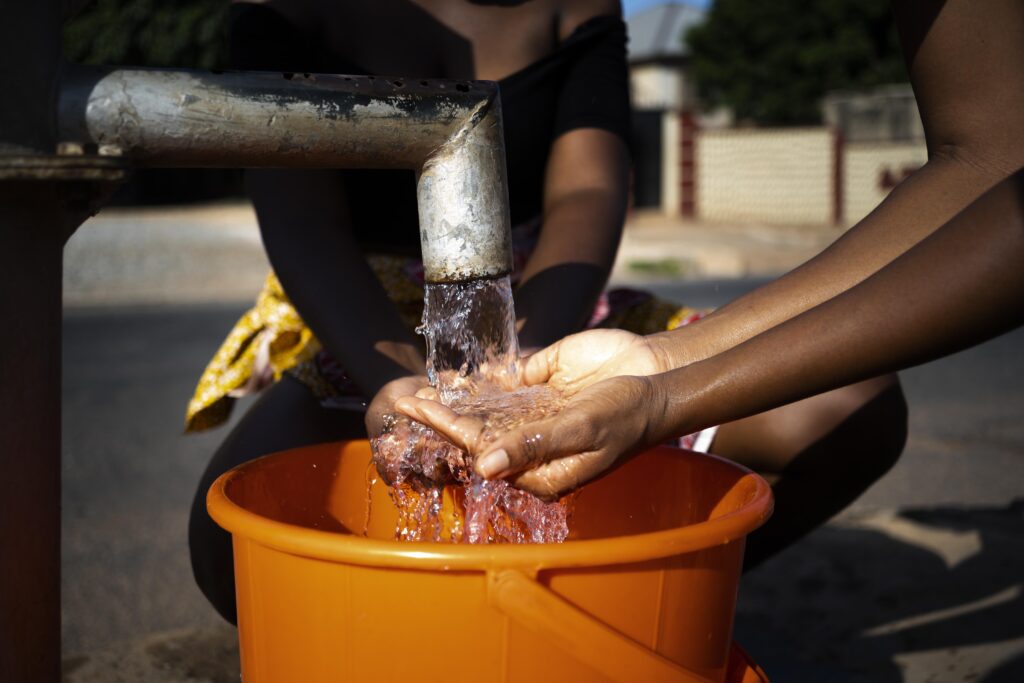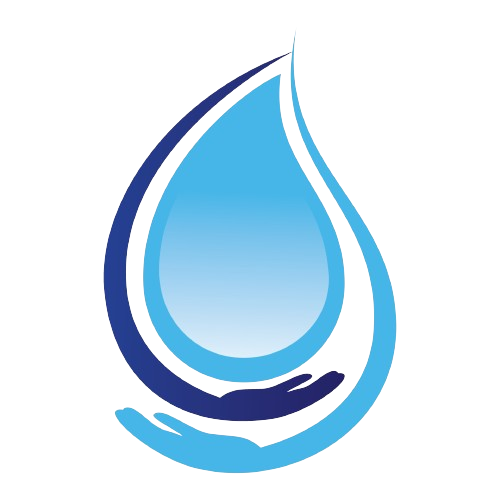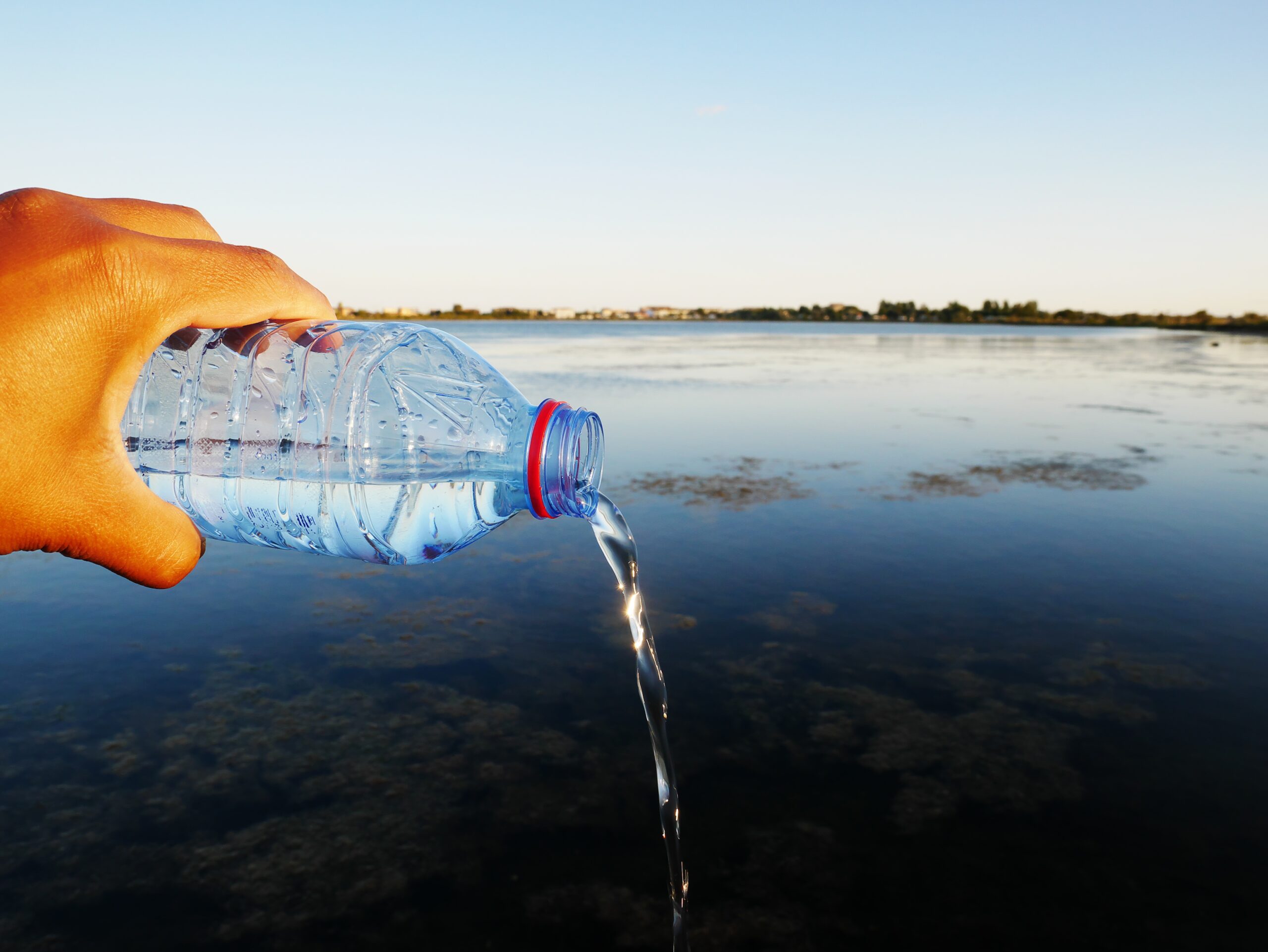Recycling water is the order of the moment for sustainable living, especially where water is scare. By reusing water, you save a lot on your ‘ecological footprint’ and also save resources. So learn how you can recycle water effectively in all aspects of your daily life.
1. Greywater Systems
Greywater, originating mostly from sinks, showers, washing machines, can be easily harvested for non-potable reuse. A greywater system captures and diverts this water for irrigating landscaping or for toilet flushing. These systems can help you use much less water overall, thereby lowering your utility costs. Greywater systems should be done under the guidelines of your local permitting, and an installation professional should be sought for proper installation techniques before you invest.
2. Reuse Rainwater
One way to do that is by recycling water, and one of the simplest but high-impact methods of doing so is through rainwater harvesting. You can capture and reuse the rainwater from your roofs either by installing rain barrels or cisterns, and then using it to water your plants or gardens. The same applied to washing outdoor areas—rainwater can be safe to use since it is basically a chemical-free, much softer form of water.
3. Grow Water-Efficient Gardens
Use methods that minimize wastage and maximize the potential use of recycled water when watering your garden. Drip irrigation and soaker hoses help in letting the water seep right to the roots of the plant; thus, water is not lost to evaporation and runoff. You can also keep the water in the soil longer by mulching and in this way reduce how often you irrigate.
4. Reuse Cooking Water
This water can be used for boiling vegetables or pasta and further reutilized in many ways. Let it cool and use it in watering your plants; the water is full of nutrients and will work magic in your garden. In the same way, water used for steaming your vegetables can be reused in soups or sauces to add more flavor and nutrition.
5. Recycle Water From Air Conditioning
With central air conditioning, there is a lot of water condensate production. The condensate is moisture that comes from the air being dehumidified. It is usually clean, and you can save this in one place and recycle it back for garden irrigation or other non-potable use. Use a drainage system to collect condensate and route it into a storage container or garden.
6. Use Water-Efficient Appliances
This can help in recycling by lessening the amount of water used up through the replacement of old and inefficient appliances with new, water-efficient devices. Dishwashers and clothes-washing machines whose operation requires less amount of water reduce greywater production. The appliances manufactured nowadays are made in a way that they are more efficient and, therefore, are able to manage and recycle water with much ease.

7. Opt For Low-Flow Fixtures
The low-flow fixtures like the shower heads, taps, and even toilets are installed in a manner that reduces the instances of water wastage yet upholds the desired level of service. This is so because with a minimal water using rate, the generation of greywater is less and its treatment more accessible as well. The time taken to install the fixture is less, and the possibility of water saving can easily be elevated.
8. Implement Water Recycling In Your Community
Engage local community groups and homeowners’ associations in projects aimed at water recycling. Large community initiatives may encompass shared rainwaterharvesting systems, greywater recycling projects, or promotional programs concerning water conservation. By working together, the impacts of individual efforts shall be multiplied, establishing a community and a creation of a more sustainable environment.

9. Use Eco-Friendly Cleaning Products
When recycling water, the cleanliness of the water is crucial. Use eco-friendly, biodegradable cleaning products to avoid introducing harmful chemicals into your recycled water. These products are less likely to contaminate water, making it safer for reuse in irrigation and other applications.
10. Educate And Involve Your Family
Incorporation of the family members and an instilled sense of importance on the need to recycle water can result in a more pragmatic implementation and widespread practice of recycling. The urging of participation by all members, like collecting rainwater, reuse of cooking water, and proper maintenance of water-saving devices, is vital.
You can have these water recycling practices so that contribute to a sustainable future and make a big impact on water conservation. The inculcation of these methods doesn’t really help reduce wastage of water just by reducing wastage.

